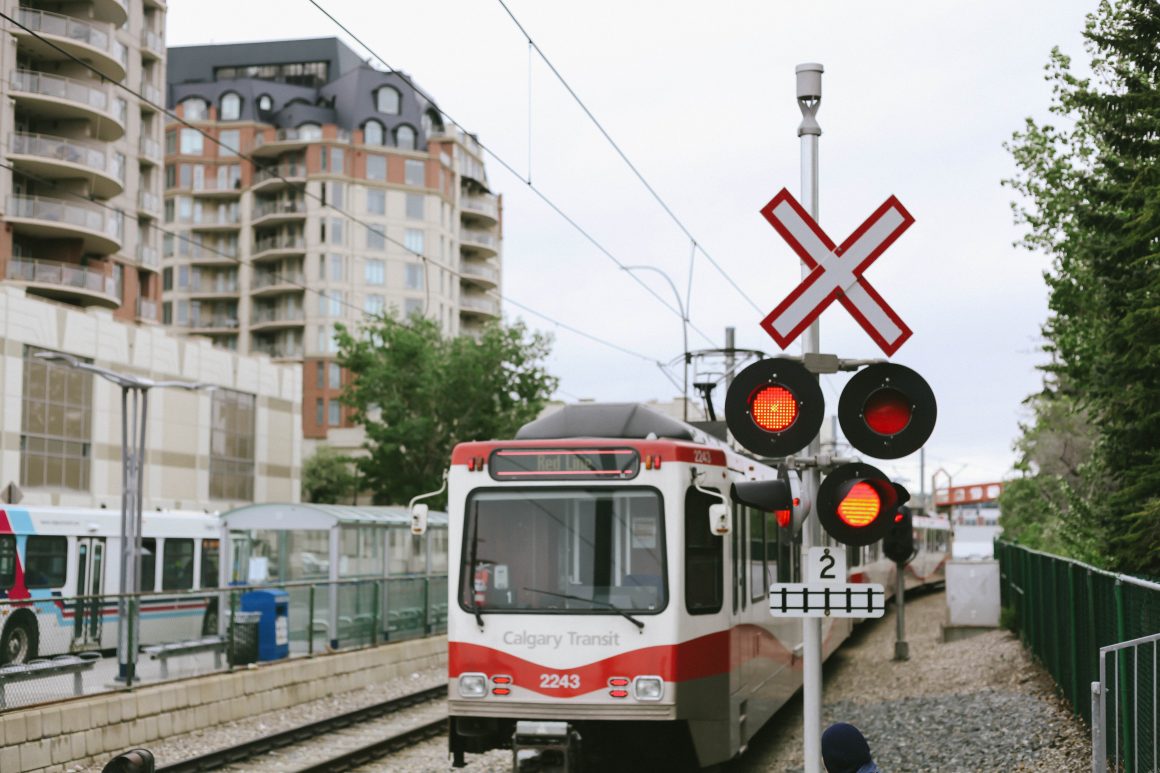
SU staying out of UPass, low-income transit pass price discrepancy issue
By Sean Willett, August 4 2017 —
The Students’ Union does not plan to address the price discrepancy between the UPass and Calgary Transit’s low-income bus pass, though the union is open to changing this stance based on student feedback.
With the price of the UPass rising to $140 this semester, full-time students who fall into the lowest bracket of Calgary Transit’s sliding scale low-income pass system will pay $119.80 more for transit than they could if they were not in school. When asked if the SU will address this issue, vice-president external Shubir Shaikh said that they would rather not attempt to alter the UPass system
“Right now we feel like it’s the best deal for students,” said Shaikh.
Shaikh justified this decision by highlighting restrictions surrounding Calgary Transit’s sliding scale system.
“We need to make sure all students understand what the guidelines are,” he said. “It’s $12,474 or less of household income, which is very important because students who live with their parents are not able to qualify for the low-income pass. Students whose parents are guarantors on their student loans are not able to qualify for the pass, unless their parents make less than [the income threshold]. If a student lives with their partner, and the partner is contributing to the household income the income is over [the threshold], they won’t qualify.”
The income brackets used by Calgary Transit change with household size. To be in the lowest bracket, a household of one person needs to make less than $12,474, but a household of two needs to make less than $15,530. This amount increases with each additional household member. People over the age of 18 living in the same residence are considered to be sharing household income if they are related to the applicant by blood, marriage, adoption or are in a common-law relationship. Relationships are considered common-law in Alberta if the couple has lived together for three or more years.
Shaikh also said that eliminating the UPass might have negative consequences for future students.
“We should also think long-term,” he said. “What if in the future, the low-income pass is abolished for whatever reason? Then we’re stuck paying $100 a month for a monthly pass.”
While the SU will not be taking action on this issue, Shaikh said that he is still interested in hearing from students who want to work towards a solution.
“I would love to speak with them, and then we can work together to find ways to work on this issue,” Shaikh said. “So far, not one student has contacted me. It is unfortunate for students who have to pay for the UPass when they could otherwise get a better deal. But I need to hear from them.”
The SU has no official say over the price or implementation of the UPass. Calgary Transit decides these details in closed-door negotiations with representatives from the city’s post-secondary institutions. While the SU would like to be present during these negotiations, Shaikh said that the decision is out of the union’s hands.
“It’s something we’ve always highlighted,” Shaikh said. “We want to be at the table when it comes to deciding what students pay for [the UPass]. We are paying for it, so we should be at the table. Of course we want to say that, and we’ve made our voices heard to administration about that, but really it is up to the U of C or Calgary Transit to include us in the conversation.”
